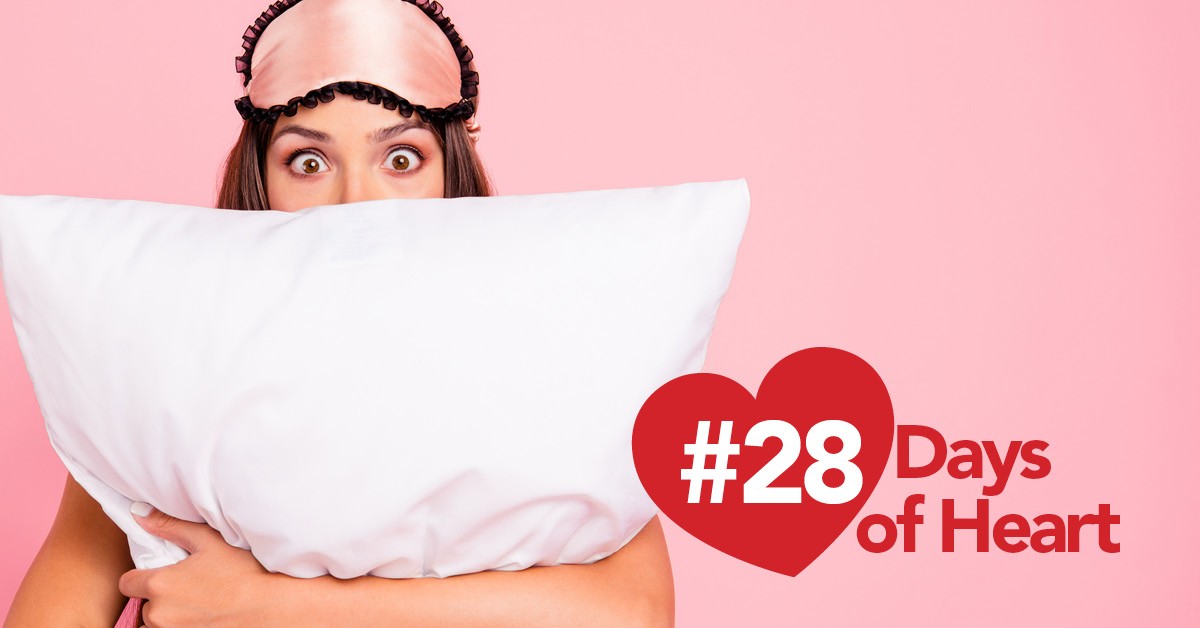News
Sleeping Beauty
February 22, 2023
Consistently getting a good night’s sleep is one of the most beneficial things you can do for the health of your mind and body. And it’s particularly important for your heart. Even though it keeps beating after you close your eyes, it benefits from the lowered blood pressure that happens when you drift off to dreamland. Check out these pointers to ward off tossing and turning and help ensure a deep and relaxing sleep tonight that leaves you rejuvenated and ready to tackle tomorrow.
Bedroom = Sleep Only
Our lives are filled with more distractions than ever, but it’s a good idea to keep them out of the bedroom. This means avoiding work, phone calls, television, social media, tablets and laptops in the bedroom. The light from these screens can make it harder to fall asleep, confusing your body’s internal clock. And the visual cues they provide will keep you intrigued and awake when you should be winding down.
Set Yourself Up for Success
Your sleeping environment has a big impact on your sleep. The more you can create a dark room for sleep, the better. Turn off everything that makes noise. Keep the thermostat cool (cool rooms induce sleep!). If you toss and turn, try a different pillow or mattress.
Relax
Bedtime is often a rushed affair with hasty teeth brushing and hopping into bed, followed by an impatient wait for sleep to come. Instead, try a short relaxation routine leading up to falling asleep. Breathe slowly and deeply after you climb into bed, concentrating on relaxing one muscle at a time. Say a short, relaxing mantra in your head a few times. Most importantly, try not to obsess about falling asleep. It may cause your brain to become overly engaged. If you don’t fall asleep after 20 minutes, try reading a book for a few minutes with a dim light.
Make a Routine and Stick to It
Have a time that you go to bed and a time that you wake up each day and stick with them. It can be tempting to sleep in on the weekends or stay up late to finish that page-turner, but the more you can stick to your routine every day, the better for your sleep. Also avoid alcohol, caffeine and spicy or acidic foods as you near your bedtime, as they can interfere with your sleep.
If these techniques don’t help and you’re having trouble sleeping, you may have a sleep disorder. Talk with your provider about your issues and consider making an appointment with a sleep specialist who can assist you.
